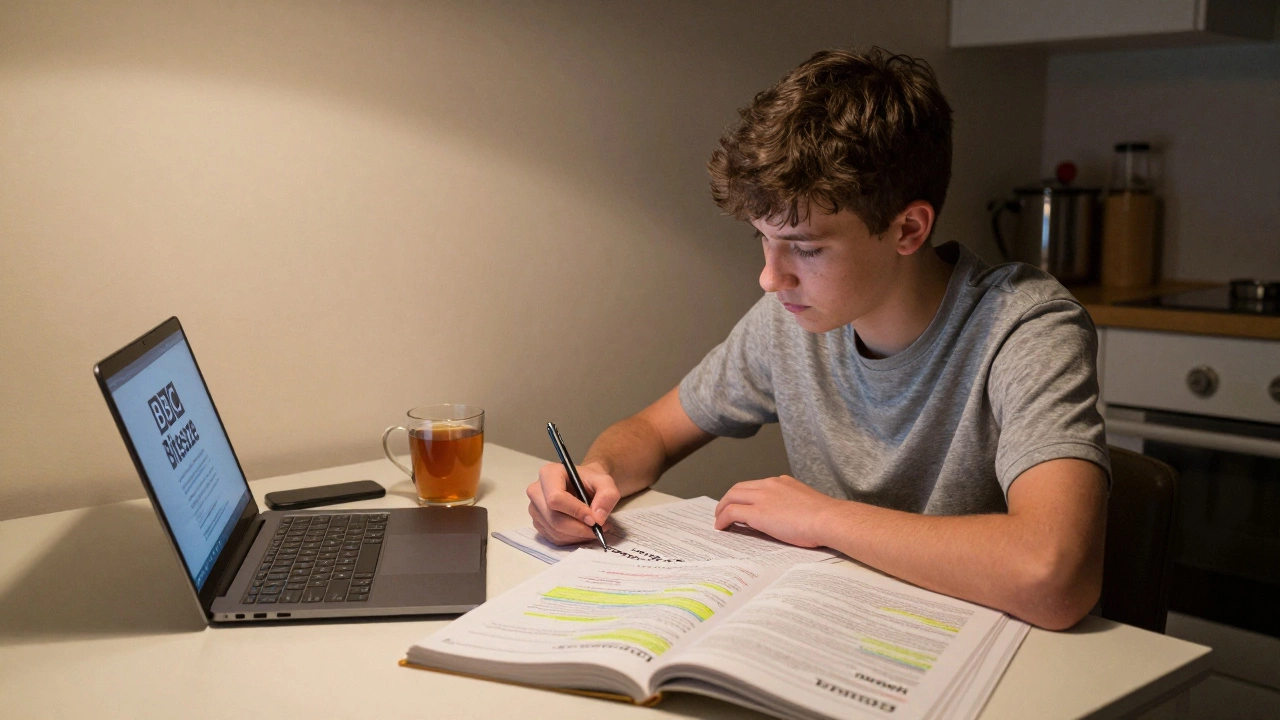GCSE Results – Your Quick Guide to Understanding and Improving Scores
If you’ve just seen your GCSE results, you’re probably feeling a mix of relief, excitement, or maybe a bit of worry. It’s normal. The good news is that the numbers you get today don’t lock you into a single future. Whether you need to hit a certain grade for Oxford, want a solid foundation for A‑levels, or just want to feel confident about your next step, there are clear actions you can take right now.
What the Grades Actually Mean
GCSE grades run from 9 (the highest) down to 1, with U meaning ungraded. Most schools now use the 9‑1 system, but you’ll still see the old A*‑C scale on some certificates. A grade 4 is considered a ‘standard pass’ – roughly the same as a low C in the old system – and most colleges require at least a grade 4 in core subjects like English and Maths.
University entry rules often look at the number of high‑grade GCSEs you have. For competitive places such as Oxford, you’ll need a cluster of grades 7‑9, especially in subjects related to your chosen degree. The “Oxford GCSE Requirements” post breaks down exactly how many and which grades matter, so check that if you have a target university in mind.
Immediate Steps to Boost Your Scores
Even if your results are already in hand, there are practical moves you can make to improve future performance or take advantage of what you already have.
- Resits and retakes: Many schools allow you to sit an exam again the following year. Focus on subjects where a higher grade will open doors – usually Maths, English, and a science.
- Targeted revision: Use past papers and mark schemes. Identify the question types that cost you marks and practice them until they feel natural.
- Study groups: Explaining concepts to peers can reveal gaps in your own understanding. It also keeps motivation up.
- Professional tutoring: If you’re stuck, a short‑term tutor can help you break through a plateau. The “First‑Time Tutoring Guide” gives tips on picking the right tutor.
Don’t forget to look after your brain. Sleep, hydration, and short breaks improve memory retention more than cramming all night.
How GCSE Results Shape Your Next Moves
After you’ve analysed your grades, the next decision is where to go next. If you have strong results, A‑level subjects become the natural progression. “A Levels vs SATs: Which Exam Is Actually Harder?” compares the depth of study you’ll face, helping you gauge whether you’re ready for the workload.
If your grades are lower than hoped, consider alternative routes:
- Vocational qualifications: BTECs or Cambridge Nationals can lead to solid careers without the pressure of top‑grade GCSEs.
- Extended project work: Some colleges value a strong EPQ (Extended Project Qualification) as evidence of research skills.
- Gap year with work experience: Real‑world experience can strengthen a university personal statement.
Remember, many students improve their academic profile after GCSEs by retaking a few key subjects or by excelling in A‑levels.
Quick Tips for Parents and Teachers
Parents often wonder how to support without adding pressure. Keep communication open: ask what the student feels confident about and where they need help. Provide a quiet study space and set realistic time blocks – 45 minutes of focused work, 10 minutes break, repeat.
Teachers can share targeted feedback, highlighting the exact skills a student missed. Offer extra revision sessions or recommend resources like online quizzes that match the exam board.
Finally, celebrate the effort, not just the grade. Confidence builds on wins, big or small, and that confidence is the real driver behind future success.
GCSE results are a snapshot, not a verdict. With the right plan, you can turn any set of grades into a stepping stone toward your goals.









